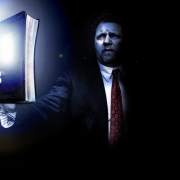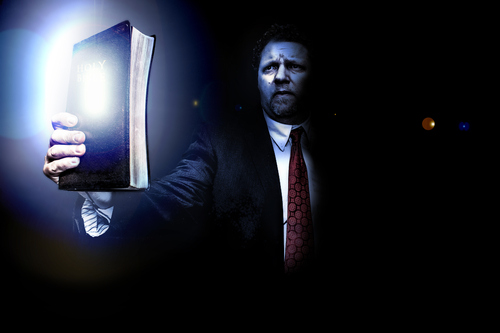All Sons and Daughters
For you are all sons of God through faith in Christ Jesus. For as many of you as were baptized into Christ have put on Christ. (Galatians 3:26-27)
The false teachers among the Galatian Christians taught one could only come to Jesus through Judaism. This went against the Gospel of Jesus Christ, the gospel that Paul preached. This good news said we are made right before God because of who Jesus is and what He did for us, especially what He did for us in His sacrifice at the cross and His victory in resurrection.

Therefore, compared to what some taught among the Galatians, this was a revolutionary statement: you are all sons of God through faith in Christ Jesus. In some traditional Jewish thinking, standing before God was measured by obedience to the law. To truly be close to God – as His sons – one had to be extremely observant of the law, just as the Scribes and Pharisees attempted (Matthew 23). Believers are considered sons of God in a completely different way: through faith in Christ Jesus.
The standing is impressive. To be among the sons (and daughters) of God means we have a special relationship with God as a loving and caring Father. It is a place of closeness, affection, special care, and attention.
The method is impressive. To become a son (or daughter) of God through faith in Christ Jesus means much more than believing that He existed or did certain things. It is to put trust in Him, both for now and eternity.
Using the picture of baptism, Paul illustrated what it means to have faith in Christ. He didn’t say believers were baptized into water but baptized into Christ. In water baptism one is immersed in water, so when we place our faith in Christ Jesus, we are immersed in Jesus.
Some Christians seem content with just dipping a bit into Jesus. God wants us to be fully immersed in Jesus; not sprinkled, not just moistened. When one is immersed in water, you don’t even see much of the person anymore – you mostly see the water. When we live as baptized into Christ, you don’t see much of “me” anymore; you mostly see Jesus.
Another way of expressing our immersion in Jesus is to say that we have put on Christ. This phrase has the idea of putting on a suit of clothes. So, we “clothe ourselves” with Jesus as our identity.
Some might wonder if this is only play-acting, like a child playing dress-up. The answer is simple. It is only an illusion if there is no spiritual reality behind it. In this verse, Paul really speaks of the spiritual reality – those who were baptized into Christ really have put on Christ. Now they are called to live each day consistent with the spiritual reality.
If you by faith are in Jesus, then you are a child of God. You are immersed in the Savior. You have put on Christ. Now live it!
Click here for David’s commentary on Galatians 3




